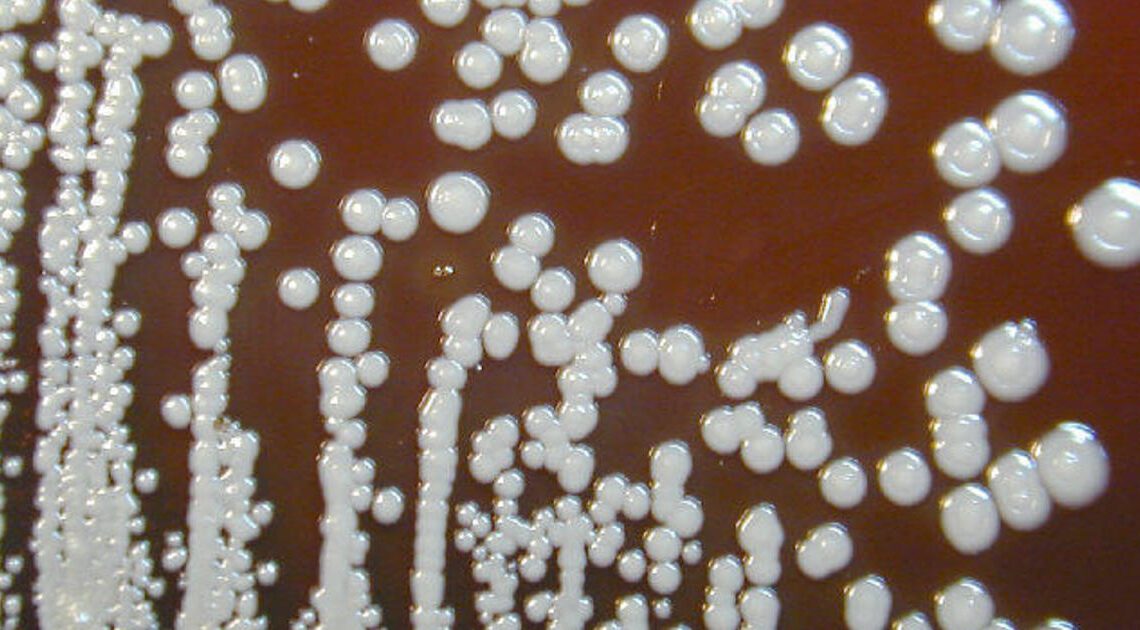Public health authorities are urging at-risk residents in the Gulf Coast region of Mississippi to take extra precautions after an investigation turned up deadly bacteria living in the soil around the homes of two people who were sickened.
The investigation was launched after two unrelated residents — one this year, and another in 2020 — were sickened by melioidosis in the area. Both are believed to have contracted melioidosis, also known as Whitmore’s disease, after they were exposed to a strain of a rare bacteria known as Burkholderia pseudomallei, which is typically seen only in tropical countries.
Though the bacteria has been found in Puerto Rico, Wednesday’s announcement marks the first time the bacteria has been discovered in the soil of a U.S. state.
Both individuals have since recovered, a spokesperson for Mississippi’s health department confirmed in an email. The CDC said in a health alert that the patients had been hospitalized for sepsis and were treated with antibiotics to battle the bacteria.
Patients typically develop symptoms an average of a week after they are exposed to the bacteria, often by touching contaminated dirt or puddles, the CDC said.
Nicknamed the “great mimicker,” the disease is notoriously challenging for doctors to diagnose because of the wide variety of symptoms it can cause.
Depending on which part of the body is infected, symptoms can include fever, swelling, cough, joint pain, or seizures. Any organ can be infected by the bacteria, including the brain.
CDC/ Courtesy of Larry Stauffer, Oregon State Public Health Laboratory
Only a fraction of exposures to the bacteria — one study estimated 1 in 4,600 — result in disease. But for those who contract melioidosis, death rates can range from 10% in Australia to 35% in Thailand.
Laboratories also can struggle to accurately identify Burkholderia pseudomallei in samples collected from patients. A case in Texas from a recent unrelated outbreak was initially misidentified by scientists using an automated algorithm to investigate the sample.
The CDC said that an average of 12 cases…
Click Here to Read the Full Original Article at Home – CBSNews.com…

